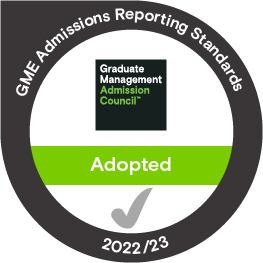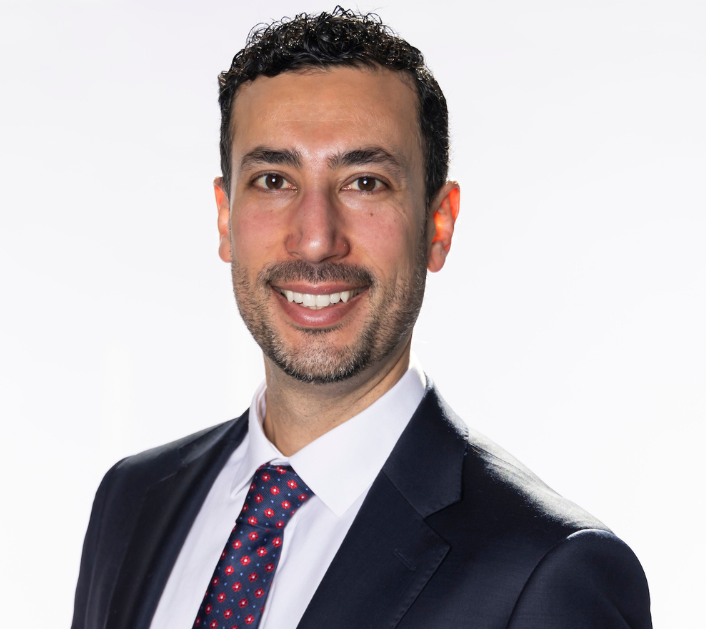The Vanderbilt Master of Management of Health Care program students are managers, health care practitioners, working clinicians, and executives that are in—or moving into—management roles in hospitals, clinics, managed care organizations, or pharmacies. The class is intentionally comprised of 1/3 physician leaders, 1/3 clinical leaders, and 1/3 non-clinical administrators. Each Capstone Strategy Team is comprised of peers from these different backgrounds.
| MMHC Class of 2026 | |
|---|---|
| Class Size | 22 |
| Demographic Background | |
|---|---|
| Average Age | 40 years |
| Age Range (Middle 80%) | 30-48 years |
| Male | 36% |
| Female | 64% |
| Military | 9% |
| RACE/ETHNICITY: | GME REPORTING STANDARDS / IPEDS* | BY REPRESENTATION* |
|---|---|---|
| American Indian, Alaska Native, Native Hawaiian, Other Pacific Islander | 0% | 0% |
| Asian American | 9% | 10% |
| Black / African American | 23% | 24% |
| Hispanic | 5% | 5% |
| White | 59% | 62% |
| Two or More Races | 0% | 0% |
| Unknown Race and Ethnicity | 0% | 0% |
| *Vanderbilt Owen Graduate School of Management follows federal guidelines from the Department of the Interior for collecting data on race and ethnicity. This allows applicants who are U.S. Citizens and permanent residents to self-identify their ethnicity and race with the option to select more than one race and/or ethnicity. The Federal Guidelines column reflects all students who identify as Hispanic/Latino and any other race as Hispanic/Latino only. Students who identify with more than one race are represented as Multi-Race only. The Race/Ethnicity by Representation column reflects students’ full racial and ethnic identities to better represent the multiple identities shared in their application, so this column adds up to more than 71% as students may be represented in more than one row. | ||
| CURRENT LOCATION OF STUDENTS |
| PROFESSIONAL BACKGROUND | |
|---|---|
| Average Years of Work Experience | 13 |
| Advanced Degrees | 68% |
| Companies Represented | 8 |
| COMPANIES REPRESENTED |

NOTE: Not all companies are represented in this image.
| PROFESSIONAL BACKGROUND BY INDUSTRY EXPERIENCE |
| PROFESSIONAL BACKGROUND BY JOB FUNCTION |

Data reported in our marketing collateral and digital properties aligns with the Graduate Management Education Admissions Reporting Standards. Graduate Management Admission Council and the Square logo are trademarks of the Graduate Management Admission Council and used with permission.
By the numbers
On average, the percentage of students that enter the MMHC program as supervisors of two or more people.




